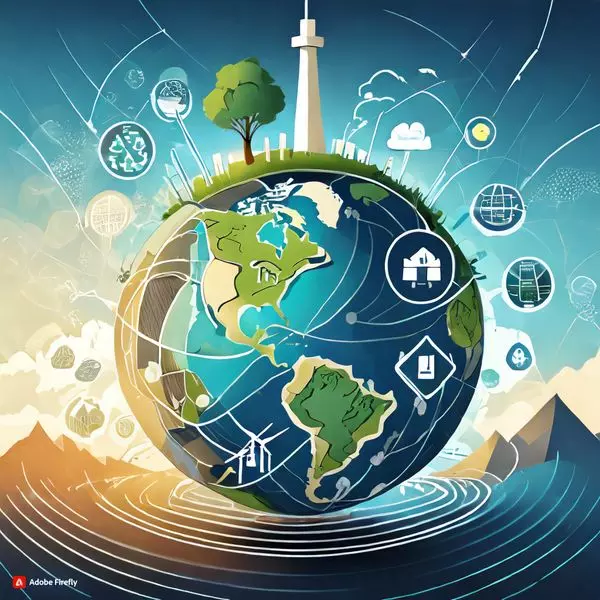Delhi is implementing several measures to combat rising pollution levels. The odd-even rule, which allows vehicles with registration numbers ending in odd digits to be on the road on odd-numbered days and even-numbered vehicles on even-numbered days, will be enforced for a week starting on November 13, the day after Diwali, State Environment Minister Gopal Rai said after a high-level meeting held with CM
Additionally, the closure of schools has been extended tor the week. All schools in Delhi will be closed except for Classes 10 and 12 until November 10 due to deteriorating air quality.
The ban on diesel trucks entering the city and construction activities continues, as does the ban on BS3 petrol and BS4 diesel vehicles. Delhi has been experiencing severely poor air quality, with an overall air quality index (AQI) reaching 488, significantly higher than the World Health Organization’s recommended levels. Some of the most affected areas include RK Puram (466), ITO (402), Patparganj (471), and New Moti Bagh (488), as per a report in NDTV.
The air quality is equivalent to smoking 25-30 cigarettes a day when AQI levels reach around 500, highlighting the serious health hazards posed by the pollution.
The air pollution crisis in Delhi and surrounding areas has indeed led to a variety of health issues, particularly respiratory problems. The government’s measures to restrict truck entry, promote cleaner fuels, and implement the Graded Response Action Plan (GRAP) are efforts to combat the deteriorating air quality. GRAP is a set of anti-pollution measures that are activated at different levels depending on the severity of the pollution. These actions include measures like banning construction activities, shutting down coal-based industries, and implementing the odd-even rule for vehicles.
It’s a multi-faceted approach aimed at addressing air pollution, which is a pressing concern in Delhi and many other urban centers around the world. Air quality management is essential for safeguarding public health and the environment. The situation underscores the need for long-term solutions to reduce pollution and improve the quality of air in these areas.
Also Read: Anticipated Rise In Telecom Equipment Demand In India By 2025: Nokia











